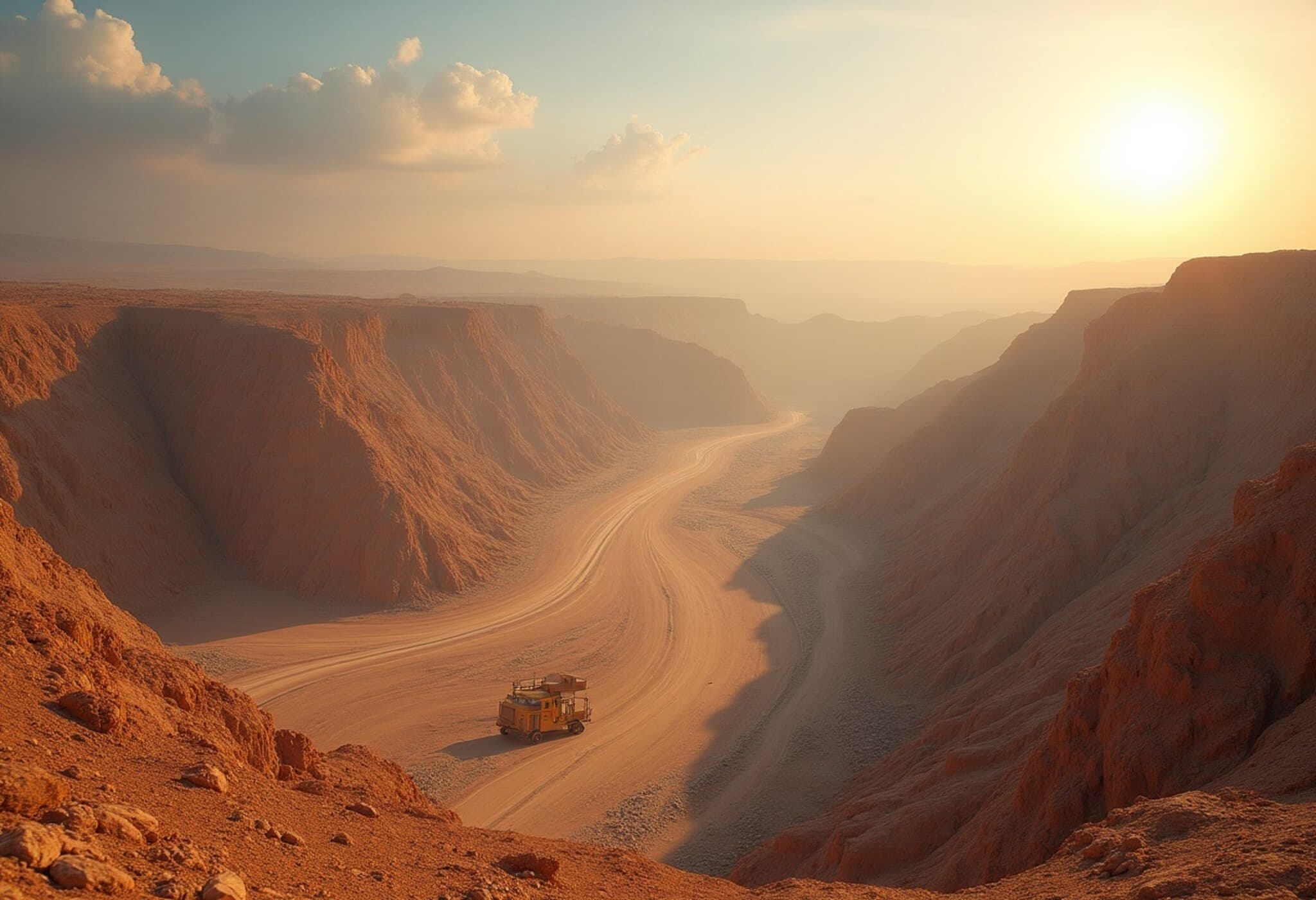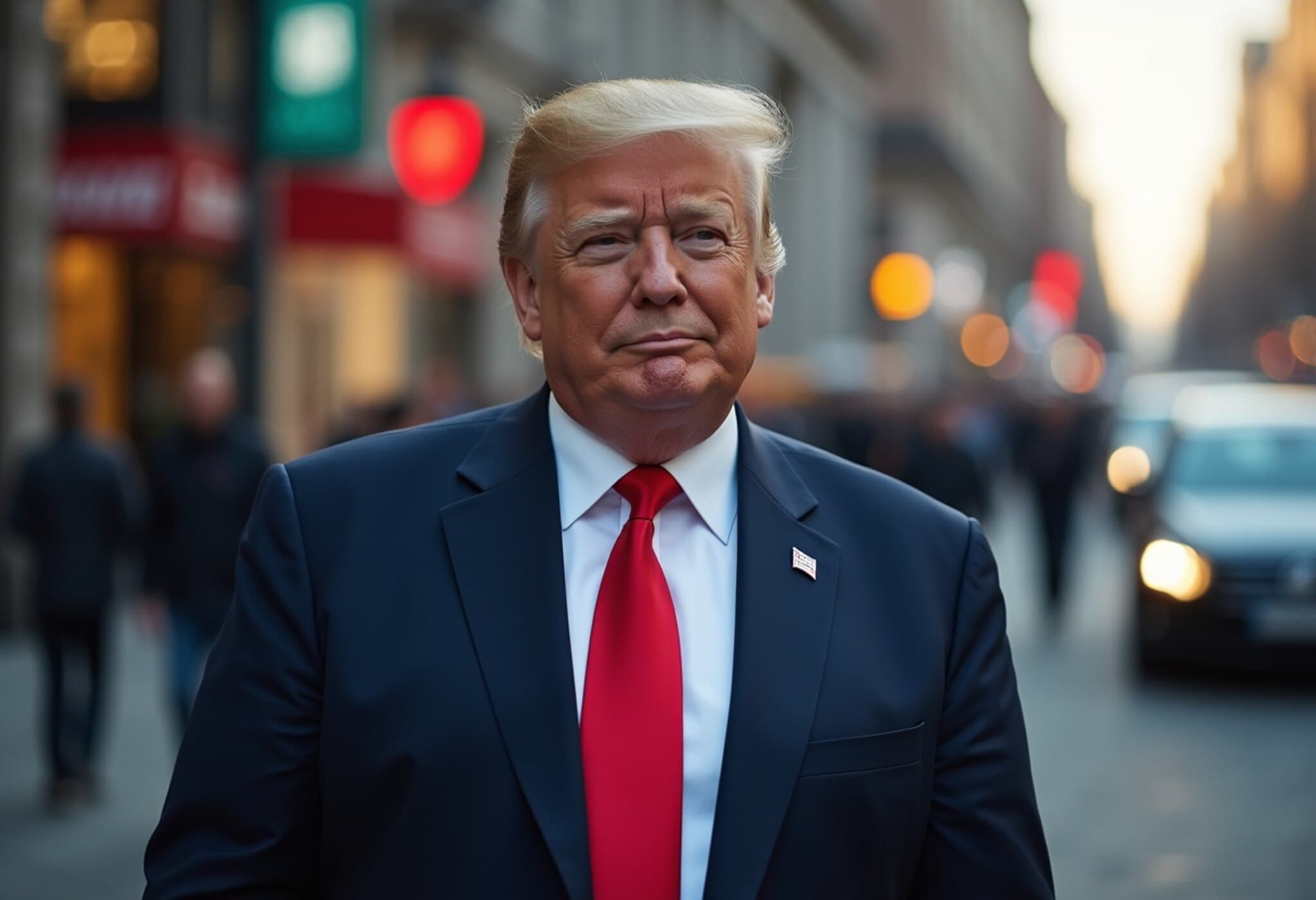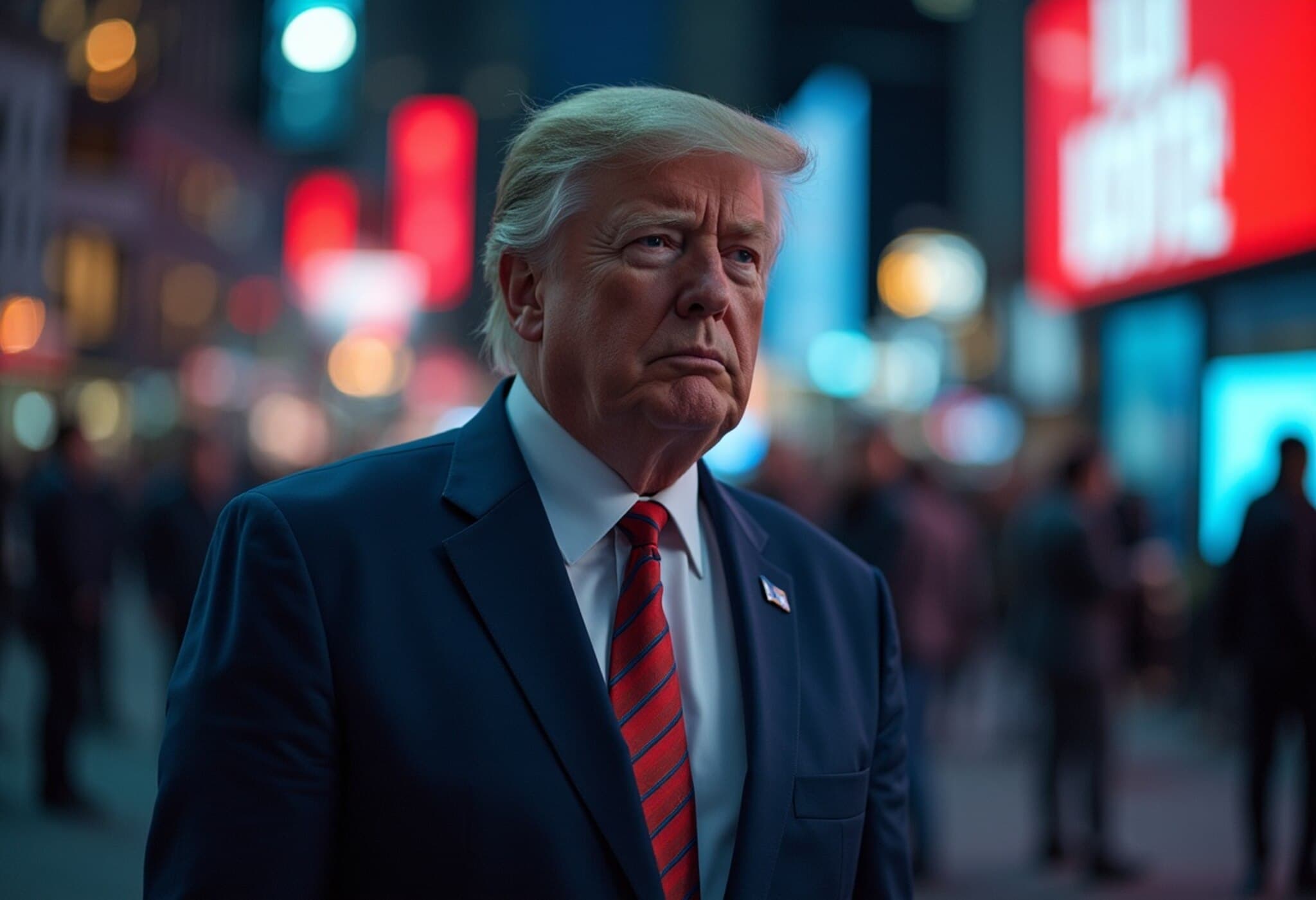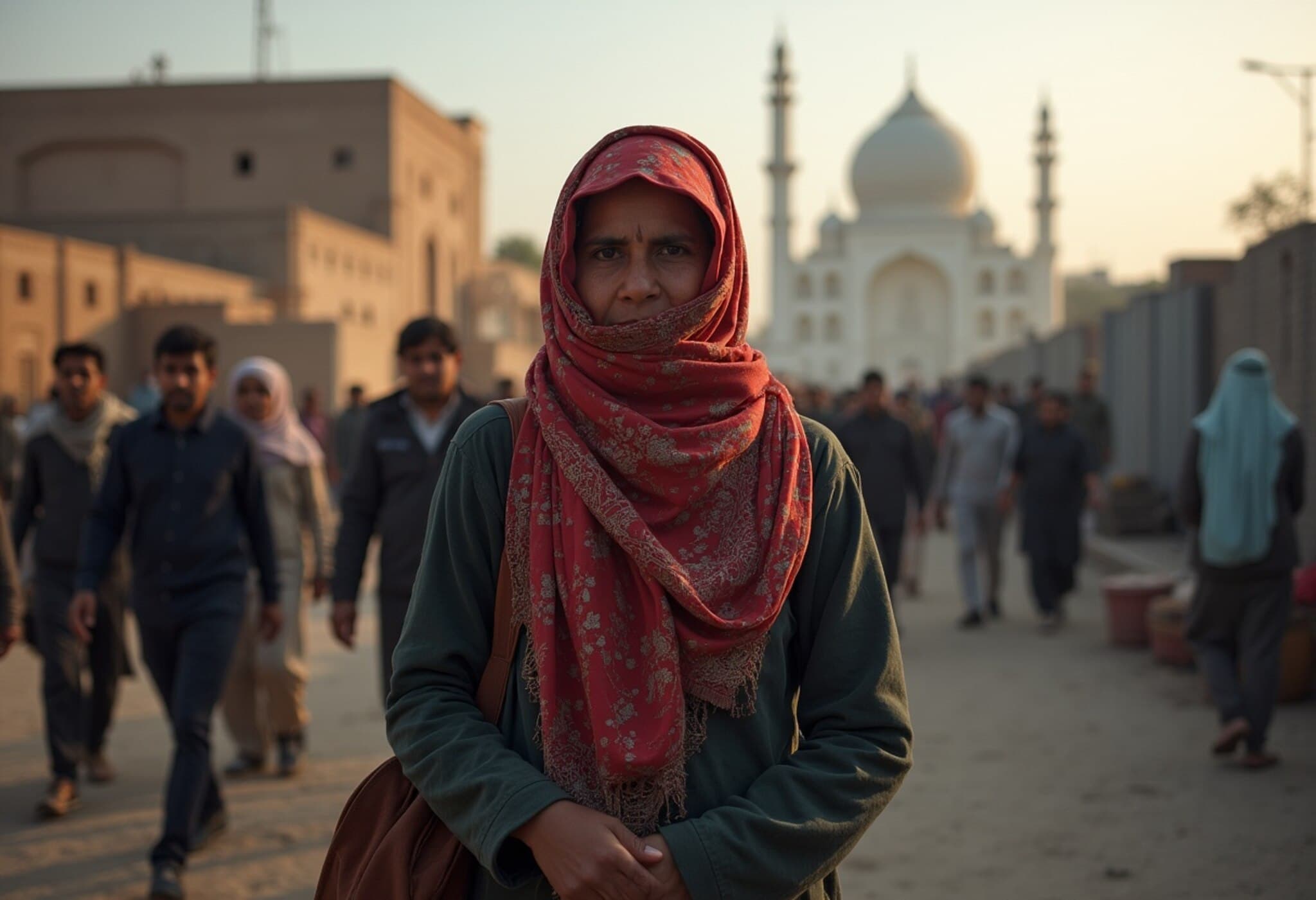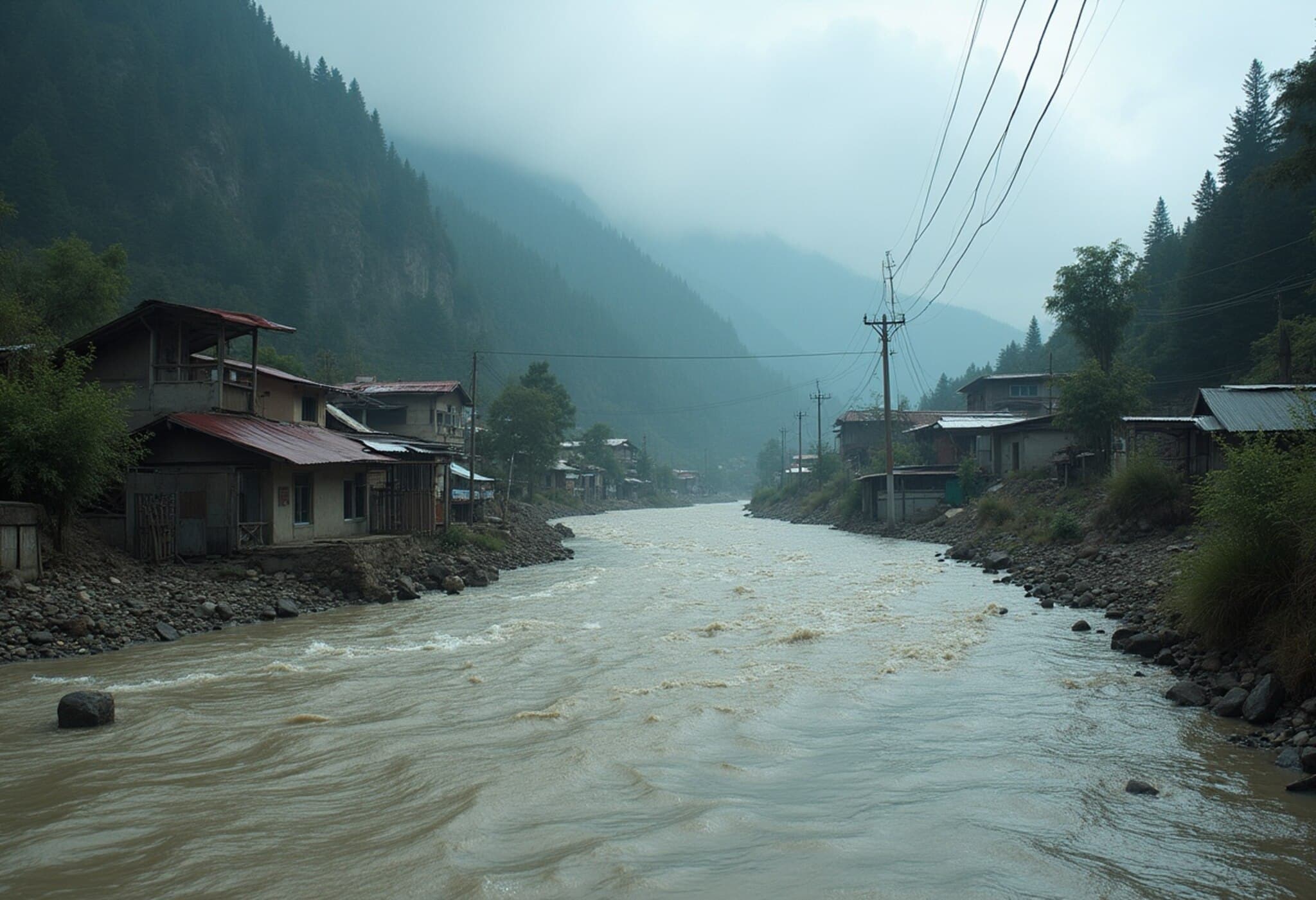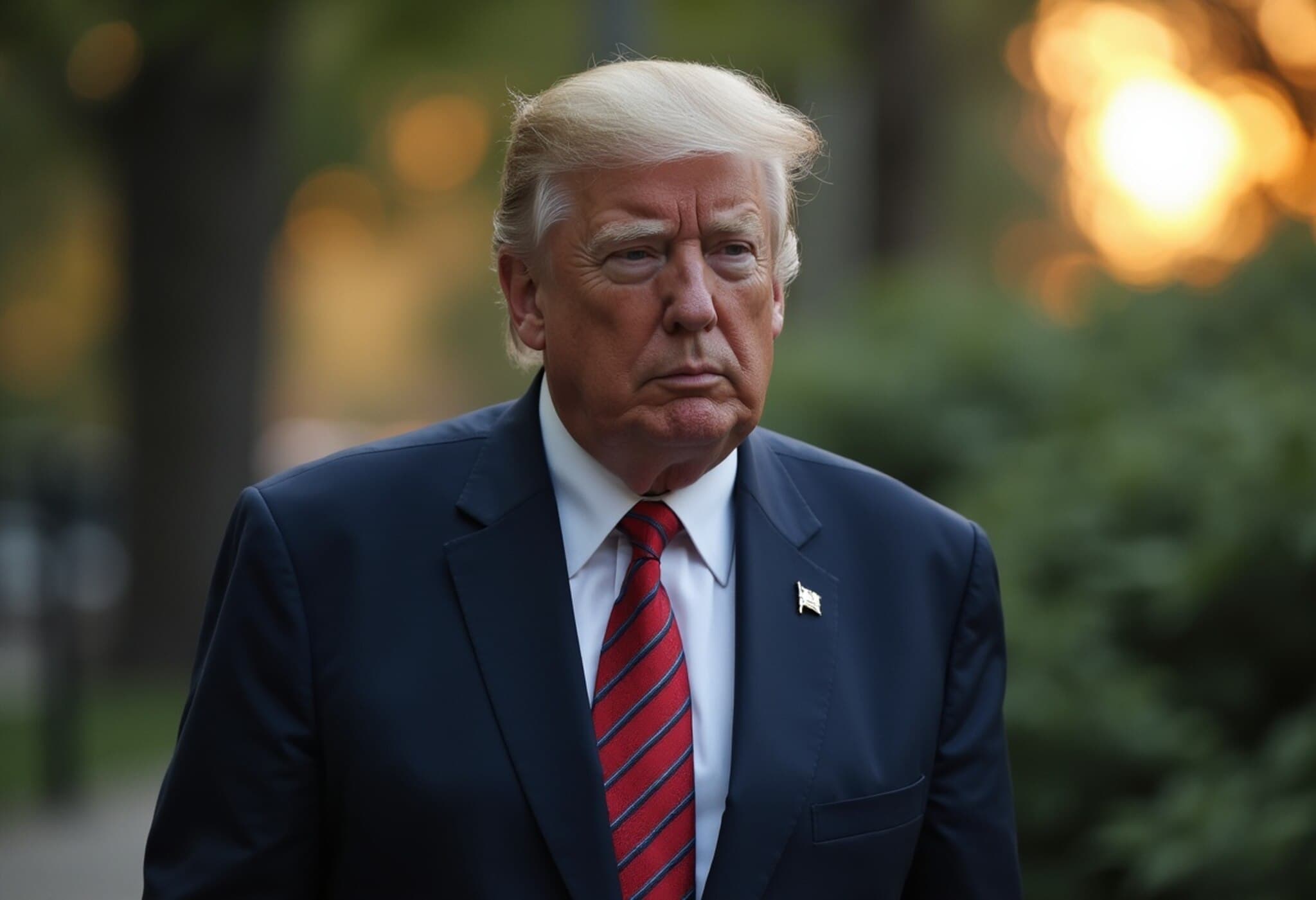Reko Diq Copper-Gold Mine: A Project Marred by Conflict and Controversy
Pakistan's Reko Diq mine, nestled in the rugged terrain of Balochistan, has long symbolized both great potential and deep-seated challenges. With one of the world’s largest untapped copper and gold deposits, this multi-billion-dollar mining venture has oscillated between stalled ambitions and renewed hope. Recent developments—including a landmark $300 million loan from the Asian Development Bank (ADB)—have once again thrust Reko Diq into the spotlight as a strategic asset with the power to reshape Pakistan’s economic and geopolitical landscape.
Asian Development Bank’s Historic Mining Investment
For the first time in over four decades, the ADB has broken its mining investment hiatus by approving a $300 million loan to turbocharge Reko Diq’s development. This historic decision signals not only confidence in the project’s commercial viability but also recognition of its critical role amid increasing global demand for essential minerals like copper and gold.
Complementing the loan is a $110 million credit guarantee extended to the Balochistan government, which holds a 25% stake in the mine. Together, these financial instruments aim to solidify fiscal backing ahead of an anticipated production start date in 2028.
Barrick Gold—the Canadian mining giant—leads a consortium alongside Pakistan’s federal and provincial governments, managing the estimated $9 billion project. Barrick CEO Mark Bristow recently announced intentions to raise as much as $3.5 billion, underscoring the scale and ambition underpinning this mega-mine.
Global Geopolitics and the Quest for Critical Minerals
Reko Diq’s revival extends beyond regional economics. In a world grappling with supply chain disruptions, Western nations are eager to curb dependency on China for rare earth elements and other critical minerals essential to green technologies and defense applications. The ADB’s renewed engagement in mining projects reflects this shifting global calculus, dovetailing with Pakistan’s strategic positioning as a mineral-rich hub.
Historical Turmoil: Navigating Balochistan’s Complex Landscape
Despite the promise, Reko Diq’s history is riddled with legal battles, local opposition, and governance challenges, mirroring the broader socio-political tensions in Balochistan. This resource-rich province has been plagued by a brutal separatist insurgency, fueled in part by perceptions of exploitation and marginalization linked to large-scale foreign mining projects.
The saga began in 1993 with an agreement granting Australian miner BHP a majority stake—an arrangement that ignited fierce backlash among locals fearing environmental damage and economic unfairness in one of Pakistan’s poorest regions.
Subsequent changes saw Tethyan Copper Company (TCC), a joint venture of Chile’s Antofagasta and Barrick Gold, take over. However, disputes intensified when the provincial government in 2011 declined to grant mining leases, citing insufficient community involvement and low royalties.
The resultant legal battle culminated in a 2019 arbitration ruling that saddled Pakistan with an almost $6 billion penalty for unlawfully denying TCC’s license—one of the country’s largest financial liabilities and a stark reminder of the pitfalls of managing natural resource governance.
Challenges on the Ground: Environment, Infrastructure, and Inclusion
- Local Displacement and Environmental Concerns: Large-scale mining has raised fears over land loss, water scarcity, and ecological degradation—compounding local grievances.
- Employment and Economic Equity: Critics question how much the local Balochistan population will truly benefit, highlighting historical patterns of exclusion and limited job creation.
- Infrastructure Dependencies: The mine’s logistics, including the pivotal role of Gwadar Port and reliable power supply, remain under scrutiny, emphasizing the project's complex interdependencies.
A New Chapter: Collaborative Agreements and Social Commitments
In a bid to reconcile past rifts, a refreshed agreement was inked in 2023 between Pakistan, Barrick Gold, and other stakeholders. This deal entails upfront royalty payments and establishes dedicated social development funds aimed at ensuring that local communities benefit from the mine’s operations well before production commences.
Moreover, institutions like the International Finance Corporation have begun disbursing funds, reinforcing international confidence. The project’s forecasted 40-year lifespan presents both opportunities for economic uplift and significant responsibility for sustainable resource management.
Expert Perspective: Economic Relief and Strategic Significance
Pakistan’s Army Chief, General Asim Munir—often perceived as the most influential figure in the country’s power structure—has publicly underscored Reko Diq’s potential to alleviate Pakistan’s staggering $130 billion debt burden. Such statements reflect a broader state ambition to harness natural resource wealth as a cornerstone for financial stability.
From a policy analyst’s viewpoint, success hinges on robust governance reforms, transparent revenue-sharing mechanisms, and genuine engagement with Balochistan’s communities to prevent exacerbating existing tensions.
Looking Ahead: Opportunities and Unanswered Questions
As the Asian Development Bank weighs further mining investments and expands its revised energy policy to include such projects, Reko Diq stands as a litmus test for the intersection of geopolitics, economic development, and local empowerment.
Still, pressing questions remain:
- Can Balochistan’s local populations secure equitable profits and protections?
- Will Pakistan develop the necessary infrastructure and governance to uphold sustainable mining practices?
- How will evolving global mineral demands shape investment and regulatory priorities in Pakistan?
Editor’s Note
Reko Diq epitomizes the complex dance between natural wealth and political realities. While international financial bodies signal renewed faith with a historic ADB loan, the path forward demands more than capital—it calls for inclusive governance, environmental stewardship, and social justice at its core. Pakistan’s ability to translate this potential into tangible benefits could chart a new course not only for Balochistan but for a country grappling with deep structural challenges and immense resource promise.

